Give us priority in 2023 Budget, say citizens
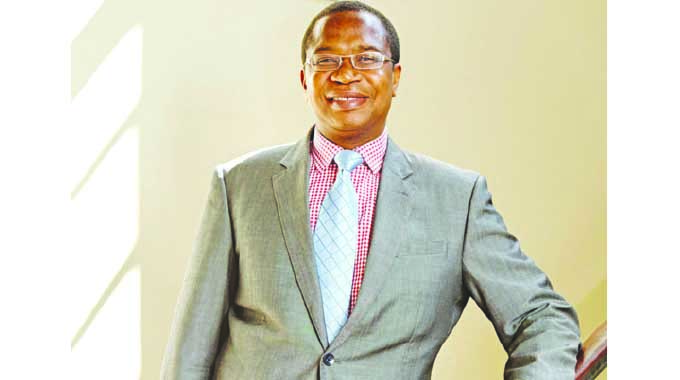
Michael Tome–Business Reporter
PROPOSALS to prioritise the energy and health sectors in the allocation of resources under the National Budget topped a pre-budget consultative meeting in Parliament yesterday as the Portfolio Committee on Budget, Finance and Economic Development began nationwide consultations for the 2023 fiscal plan.
Individuals representing a broad spectrum of socio-economic backgrounds converged in Parliament to give their input into the National Budget crafting process.
Participants implored the Government to give special focus to the power and energy distribution sector given the crippling power supply shortages.
Currently, demand for power far outstrips domestic generation.
Although the country tries to bridge the gap with imports, it still faces foreign currency constraints to import adequate power. This forces the State power utility Zesa to implement long hours of load shedding, which affects economic, business and household activity.
The 2022 National Budget allocated $3,9 billion to the Ministry of Energy and Power Development as the Government envisioned a 5,4 percent growth in electricity generation underpinned by rehabilitation and expansion projects and the contribution of independent power producers (IPPs) but the power situation remains challenging.
Participants at the meeting implored Finance and Economic Development Minister Mthuli Ncube in his Budgetary allocation to adhere to the dictates of the Abuja declaration, which calls for the mobilisation of more resources from the Government coffers for the health sector.
The 2022 Budget allocated $117,7 billion to the Ministry of Health and Child Care which represented about 12,6 percent of the total Budget, but the health delivery system remains overwhelmed by a myriad of issues that require substantial funding.
In his Budget statement last year, Professor Ncube said the Government was committed to meeting the Abuja target to boost the country’s resilience through stringent Public Health and Social Measures (PHSM) to ensure desired health delivery
Zimbabwe Council of Churches representative Reverend Gibson Botomani said power challenges should rank high in the Budget allocations to spur industry and manufacturing sector performance.
“Industry and local manufacturers remain hamstrung by lack of consistent power supply. The energy sector should be allocated money so that there is the revitalisation of the industry, and the support of industry helps in growing local employment,” said Mr Botomani.
In the 2023 Budget strategy paper, Minister Ncube said the current capacity of energy transmission and distribution network will be enhanced through rehabilitation and replacement of network lines and associated equipment such as transformers.
Tendaishe Changamire from Population Services Zimbabwe called for early disbursement of allocated funds to the health sector as late disbursements were crippling the sector’s procurement processes.
“I’m here to push the notion on the 15 percent Abuja declaration, we see the Government is putting an effort to reach 15 percent but we plead for quick disbursements. Some arms under the health sector are getting late disbursements of their allocation and by the time they go for bidding at RBZ auction the money will be swept by inflation, as it stands some of the 2022 commodities have not been acquired,” she said.
Zimbabwe Coalition on Debt and Development (ZIMCODD) representative Darlington Magomha said there should be continued transparency calling for the curbing of illicit drugs.
“Issues of honesty are cardinal, auditor general report has continued to make observations were things haven’t been done well and we continue on the same trend. This must be brought to a stop and Zimbabwe Republic Police (ZRP) and National Prosecuting Authority (NPA) must be adequately funded to become effective,” said Mr Magomha.
Key focus areas stakeholders said needed to be prioritised included the Urban Mass Transport System to have affordable fares for the commuting public.




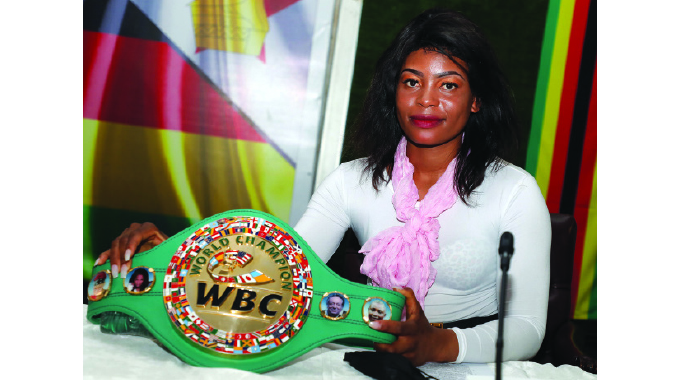
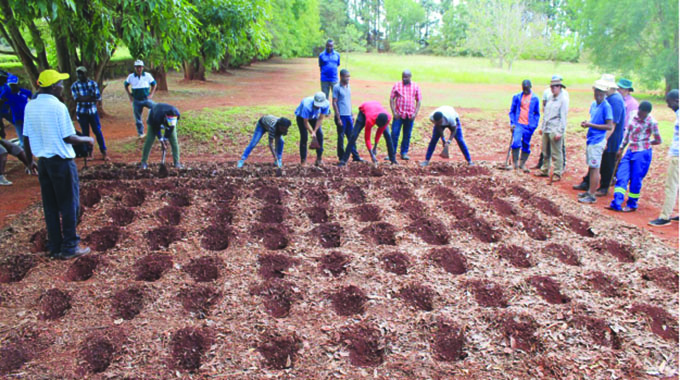
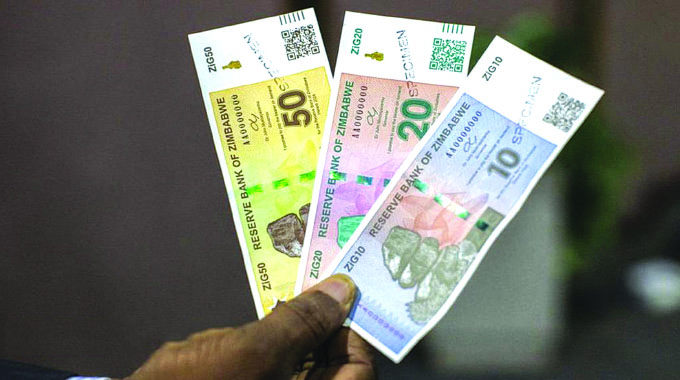
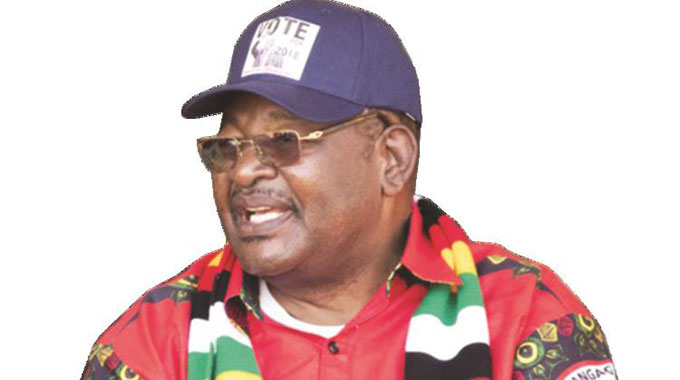


Comments